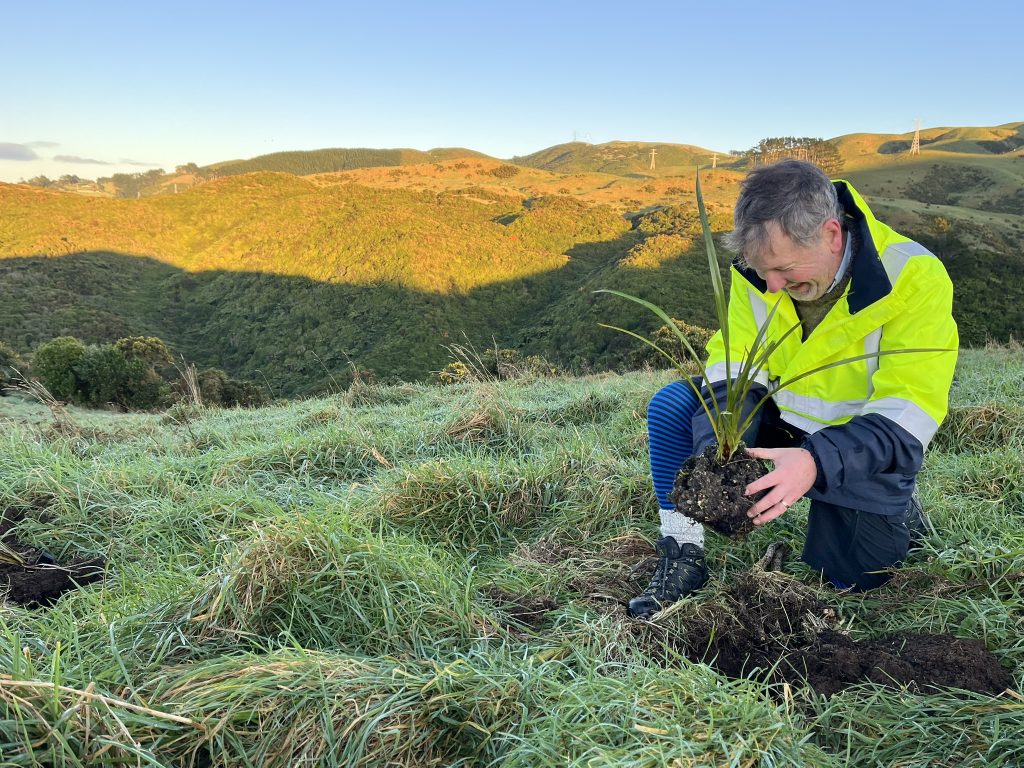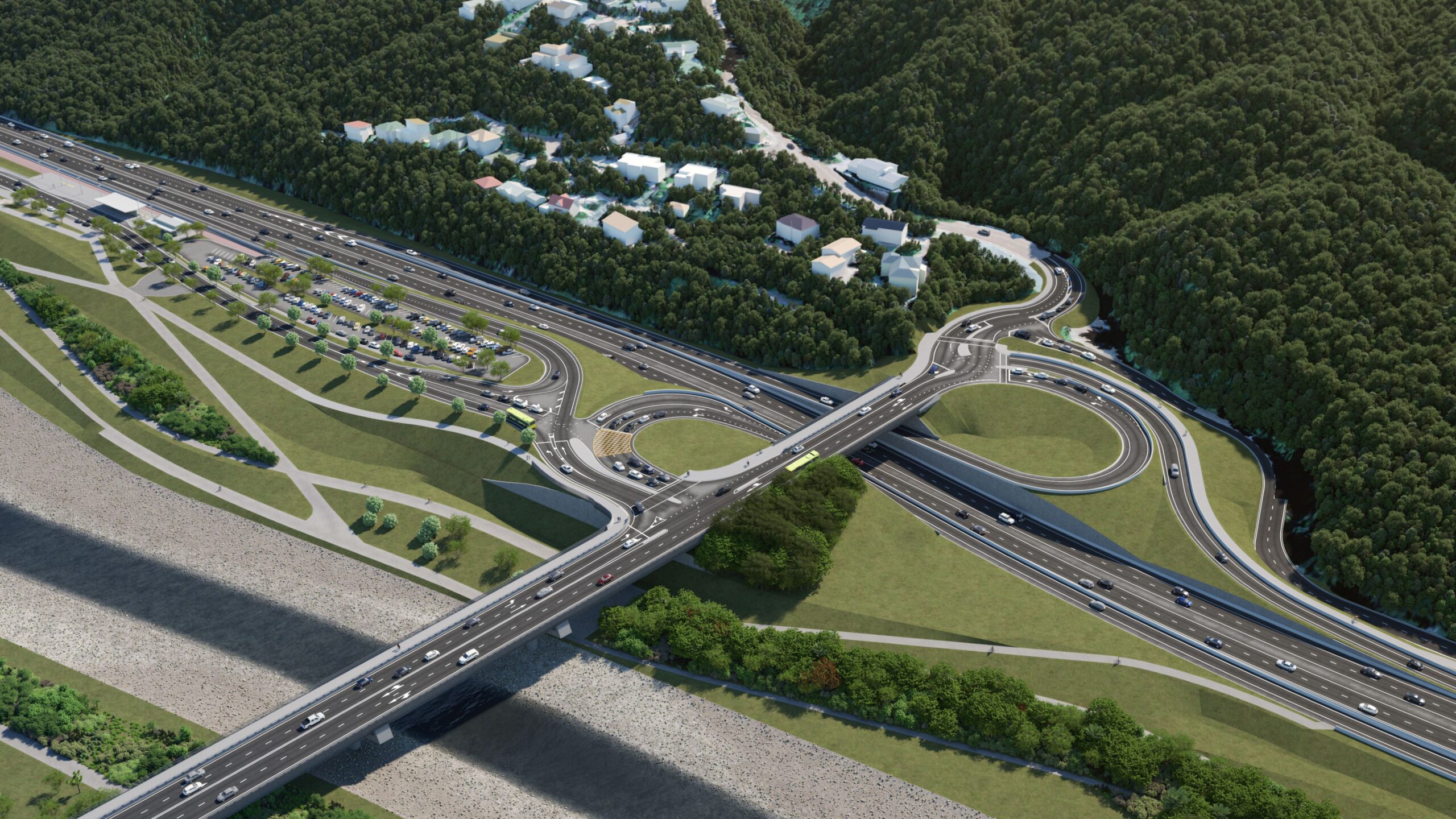1/ Stay on top of 3 waters progress
Resilient and future-proofed infrastructure is core to council’s role. During this triennium, I have championed dealing to the backlog of three waters network (stormwater, drinking water, wastewater) maintenance and renewal. Hutt City has achieved substantially more pipe renewal in the last few years than any of our neighbouring councils.
In July next year, that role transfers to a new regional council-controlled organisation (CCO), currently being called Metro Water. It will have greater ability and flexibility to accelerate work to catch up on the backlog, and to spread costs over a longer period.

While Metro will have a board of directors chosen for their financial, infrastructure and technical expertise, there’s still a big role for local councillors. In the next year, councillors need to be involved in drafting a consumer charter to protect local residents’ rights; prepare annual Letters of Expectation to Metro Water on Hutt priorities; and closely monitor performance and costs.
Unfortunately, while costs to each resident under these new arrangements are projected to be up to a third lower than they would be if we’d stuck to the status quo, they’ll still be substantial…leading to my second priority:
2/ Council re-set to rein in costs
While Hutt City Council’s rates and debt will drop with the water reform, new – and substantial – bills for each ratepayer (and renter) will come from Metro Water. The currently projected cost of these combined bills for ratepayers are unsustainable/unaffordable for many, in my view.
I do not favour Metro Water slowing down on the work needed to get three waters networks functioning efficiently (we leak 40% of drinking water, there are far too many unplanned treated sewage spills, the Seaview treatment plant needs upgrading). To kick the can down the road risks summer water shortages, continued robbing of Hutt River of flow that sees toxic algae bloom, and other environmental damage.
The opportunity, then, is for a re-set of Hutt City Council’s operations.
We need honest and open conversations with residents about cost savings and levels of service. Are the current ways of doing things the most efficient? Just because council has always provided a service, or done something in a certain way, doesn’t mean it still fits what most residents want or expect.
Every cost will need forensic examination. Of course, this has happened already with recent Annual and Long-Term Plans but not necessarily with a view to discontinue something that is a lower priority for residents.
Technology, such as AI, offers potential cost savings through better ways of doing things. And we need to be open to more shared services for economies of scale with neighbouring councils – perhaps even mergers/amalgamation.
3/ Ratepayers don’t have to foot the bill for everything
As we go through this council re-set, I’d like us to be very mindful that council doesn’t have to do (or get ratepayers to pay for) everything itself. We’ve been very successful in the last few years leveraging Government investment ($27m for Te Ngaengae pool and fitness centre, $98m for central Hutt infrastructure acceleration; $50m+ for the Eastern Bays seawall and path). We need to negotiate a ‘city deal’ with the Government going forward.
It shouldn’t stop there. We can also partner with businesses, developers and our own residents. With relatively modest funding from council, the Hutt Valley Chamber of Commerce has proven to be an energetic and effective body to get things happening in the city – not least an initiative to train locals for the workforce for projects such as Riverlink and the Cross Valley Connection.

An example of partnering with our residents: councillors insisted a key focus of the new Biodiversity Strategy be hiring a ‘community ranger’, to get alongside and work with the many volunteers and community groups willing to step up on environmental enhancement projects (Friends of Waiwhetu Stream, Pareraho Forest Trust, Predator-Free 2050, MIRO, etc).
Our new Events Strategy also emphasises HCC being a facilitator, a seed funder, a body that can help with venues and Traffic Management Plan templates – not necessarily providing rates funds for an event.
4/ Maximise the opportunities from Riverlink.
Finally, after years of work, construction is about to start on a project that will be a game-changer for Lower Hutt. The central valley will get a very high level of flood protection that takes into account our changing climate. The Hutt downtown area will be transformed with more inner city living, a rejuvenated hospitality and retail scene, more inviting streetscapes and a city that faces the river rather than turns its back on it.
The lion’s share of costs fall to the Government (the new Melling bridge and interchange) and the regional council (flood protection). But HCC also has significant costs, including paying for more than half of the new pedestrian and cycle/scooter bridge linking Margaret St with the relocated Melling railway station.
The next council will need to work with developers to get the kinds of buildings we want to see open up along the new promenade area (we can leverage land we own, not put in money). And we’ll need pragmatism, vigilance and agility on approach to ensure Riverlink’s construction phase doesn’t inconvenience businesses and the travelling public any more than is absolutely necessary.
